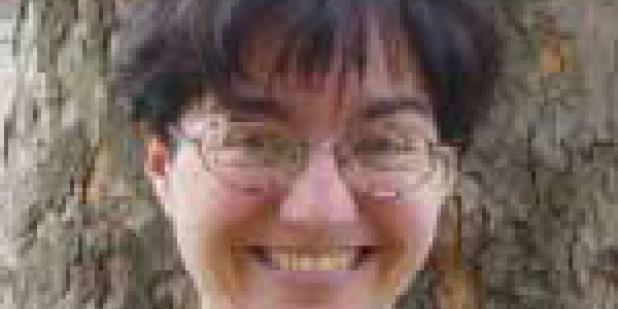Happy Lunar New Year from the USC US-China Institute!
Arcade Hoange (d. 1716) and the Invention of Chinese Belles Lettres in Europe
The Center for Chinese Studies at UC Berkeley presents a discussion with Patricia Sieber on who should be rightfully credited as the first translator of Chinese belles lettres into a European language, Arcade Hoange.
Where

Patricia Sieber, East Asian Languages and Literatures, Ohio State University
This presentation will examine the man who should be rightfully credited at the very least as the first translator of Chinese belles lettres into a European language, Arcade Hoange (d. 1716), a Catholic convert from Fujian who, while serving as a royal interpreter at the Bibliothèque royale in Paris (ca. 1712-16), partially translated Yu Jiao Li, a popular early Qing romance. The paper proposes that we treat Hoange, his translation strategies, and the afterlife of his manuscripts as an entry into reexamining post-WWII American assumptions about cultural agency in early European sinological practice and contemplate the possibility of a co-authored approach not only in the production of Western-inspired literature by modern Chinese writers, as Lydia Liu suggested, but also in the creation of Chinese literary categories by early modern Westerners.
Featured Articles
We note the passing of many prominent individuals who played some role in U.S.-China affairs, whether in politics, economics or in helping people in one place understand the other.
Events
Ying Zhu looks at new developments for Chinese and global streaming services.
David Zweig examines China's talent recruitment efforts, particularly towards those scientists and engineers who left China for further study. U.S. universities, labs and companies have long brought in talent from China. Are such people still welcome?






